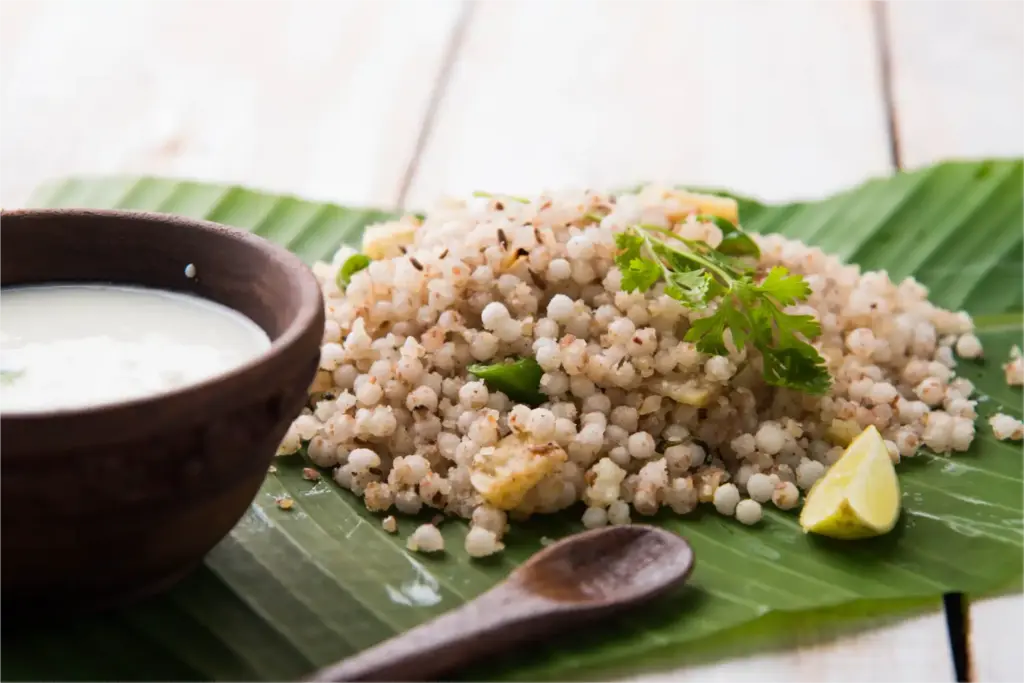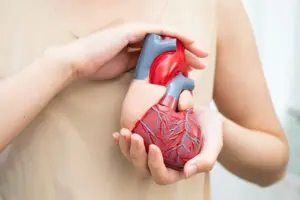
Navratri fasting: As Navratri begins, health experts are urging devotees to rethink fasting routines that involve skipping food all day and eating a heavy meal at night, warning the pattern can slow metabolism and strain digestion.
Typical vrat plates, fruit through the day, then sabudana-aloo khichdi, singhare ka halwa, bottle gourd, pumpkin, milk, yoghurt or paneer after evening prayers, can “pile pressure on the gut,” leading to indigestion, acidity and a sense of heaviness, clinicians say, news agency PTI reported.
Also Read | Is fasting making your acidity worse? Here’s what you should know
Dietitians note that prolonged daytime fasting followed by a single large meal can lower resting metabolic rate in the short term and worsen glycaemic swings, especially for people with diabetes or insulin resistance.
Long gaps without protein may prompt the body to break down lean muscle for energy, further reducing calorie-burning capacity. Late-night, high-carbohydrate meals can also disrupt circadian rhythms, affecting sleep quality and next-day appetite control.
“Fasting all day and loading one big meal at night challenges the digestive system. Metabolism can also dip when the body is asked to process a large meal after prolonged restriction,” said Divya Malik, senior consultant, Dietetics & Nutrition, Apollo Spectra Hospital, Delhi. “Light, balanced meals and adequate water are safer.”
Doctors also cautioned that low protein intake across nine days may contribute to fat gain and longer-term deficiencies. Insufficient protein, iron, and calcium can trigger weakness, dizziness, and bone pain, they said.








